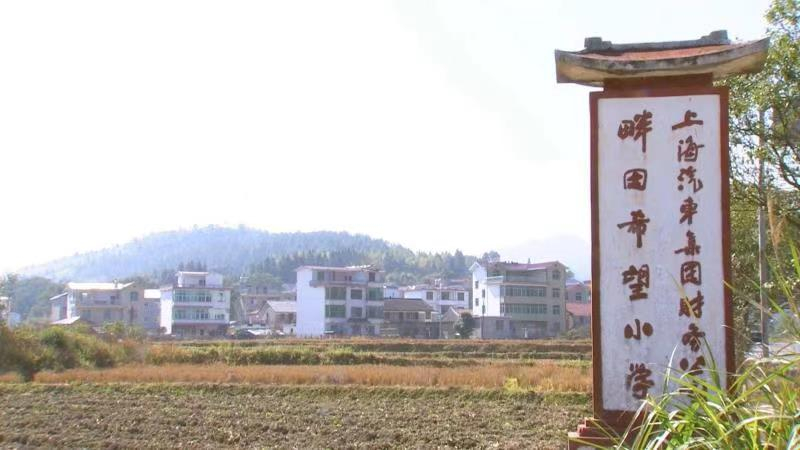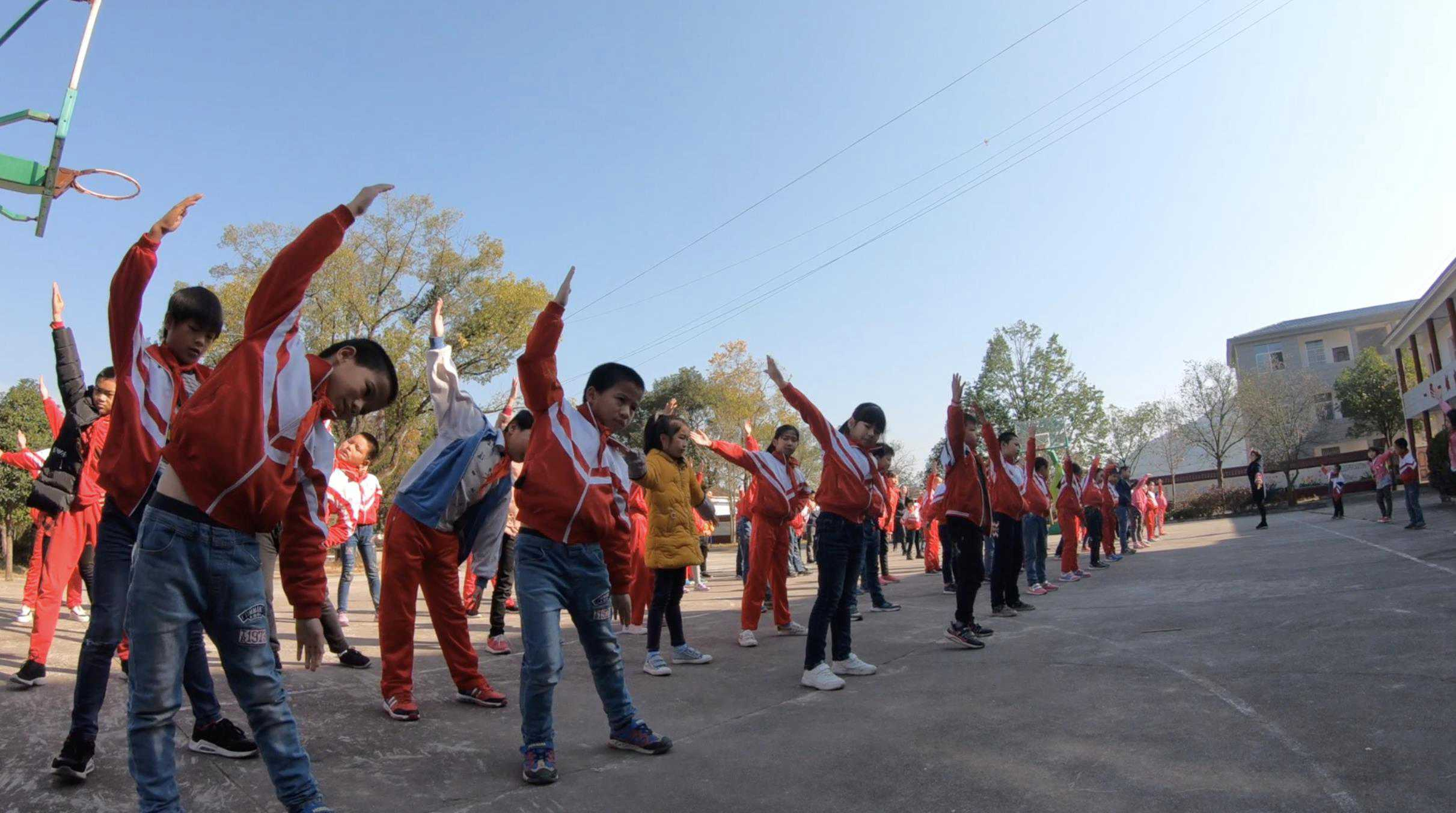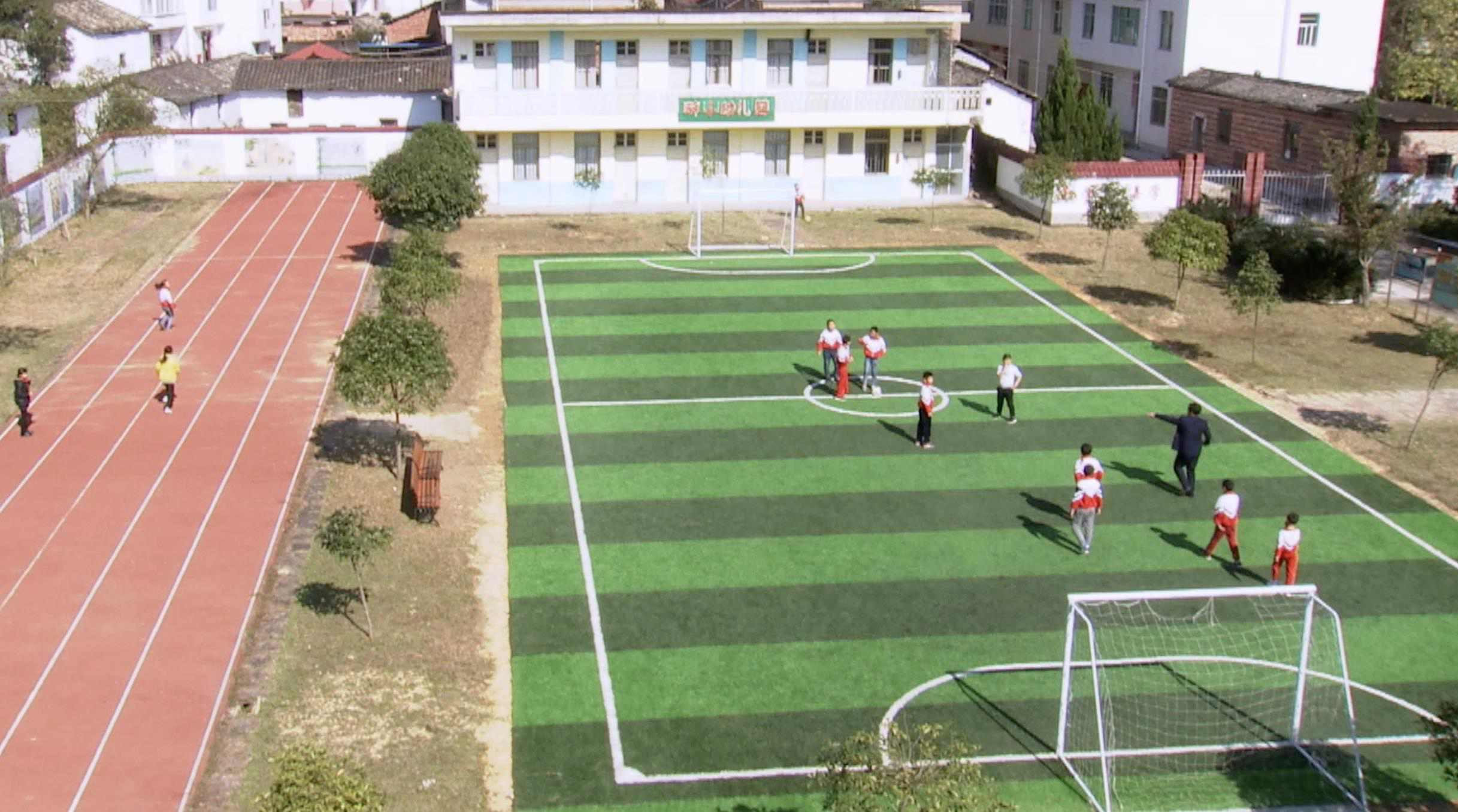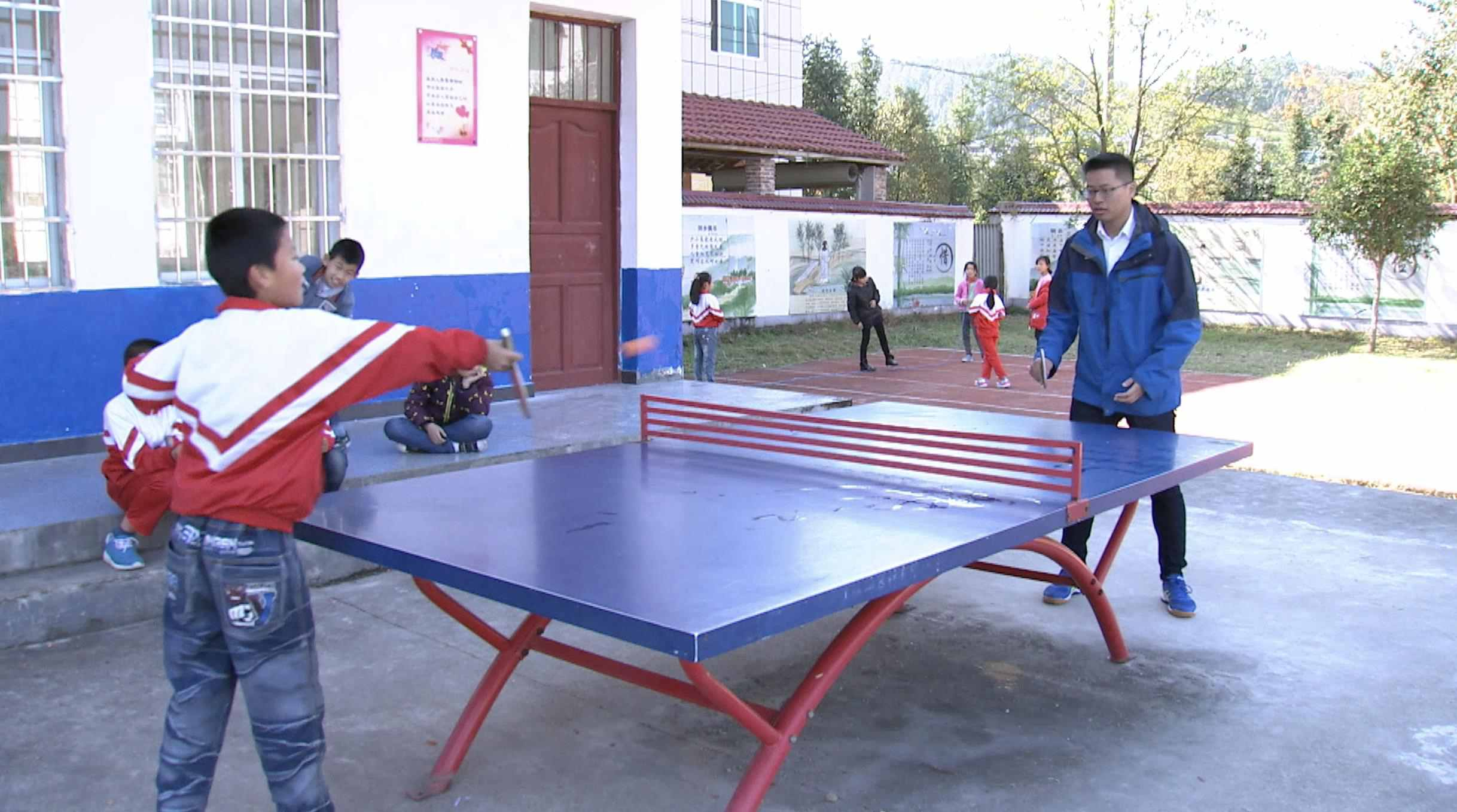
Education
11:49, 11-Dec-2018
Shanghai company helps develop Jinggangshan primary school for 21 years
Updated
10:46, 14-Dec-2018
By Cui Hui’ao, Huang Yi, You Siyuan
02:25

Jinggangshan in the east of China was a revolutionary base in the 1920s and the starting point of the Long March. For the last two decades a company in Shanghai has been helping a primary school there with much needed funds.
The school's name is Pan Tian Primary School. As the name in Chinese suggests, the school is located on a beautiful field. For a long time, it had to make do with shabby facilities, providing the most basic education to students nearby. Its destiny started to change around 20 years ago, when a company in Shanghai offered to help.
“In the 1990s, China started the public service project called Project Hope. Companies started to help fund rural schools. A company called SAIC Finance helped our school. They built a classroom building for us in 1997, and since then they've subsidized over two million yuan (289,500 U.S. dollars) to our school,” said Xiao Jianzhong, Headmaster of the school.

Students do exercises on the playground. /CGTN Photo
Students do exercises on the playground. /CGTN Photo
The support has never stopped. In recent years, the company built a plastic track next to the soccer field, bought more school uniforms, and reconstructed the teachers' dormitory. Now, Pan Tian Primary School is equipped with essential facilities, and accommodates around 120 students, in six grades.
Most of them are from local villages. Some are referred to as “left behind children”, meaning their parents left to work in urban areas, while they remain at home.

SAIC Finance built the plastic track for Pan Tian Primary School. /CGTN Photo
SAIC Finance built the plastic track for Pan Tian Primary School. /CGTN Photo
Xie Xiangluo is a fourth grade Chinese teacher. He told us that 10 years ago 70 percent of the students were left behind children.
“They were often lonely, with behavioral problems. Some do not do homework. Some were very bellicose with others. As their teachers, we felt bad about their conditions and we tried to do everything we could to comfort them and make them happy,” said Xie.
For example, the school has arranged a separate room for students like Ying Zhihong to call their parents from school. He calls his parents, who both work in Guangdong Province, twice a week.

Students play Ping Pong with CGTN reporter Cui Hui'ao. /CGTN Photo
Students play Ping Pong with CGTN reporter Cui Hui'ao. /CGTN Photo
“They ask me how I am doing, and I tell them everything at school is great. I like my teachers,” Ying said.
Xie Xiangluo said the number of left-behind children at the school has decreased significantly, mostly thanks to development of the local economy. Now only 10 percent of the student body are left behind children. Parents are starting to move back to start their own businesses in town.

SITEMAP
Copyright © 2018 CGTN. Beijing ICP prepared NO.16065310-3
Copyright © 2018 CGTN. Beijing ICP prepared NO.16065310-3